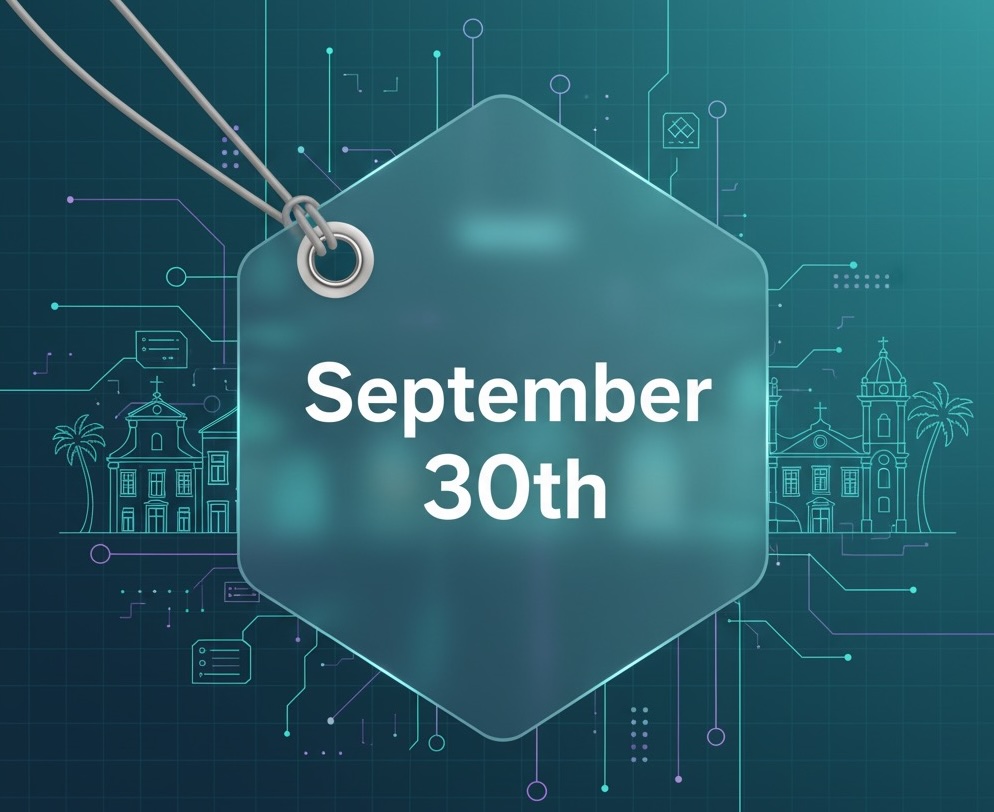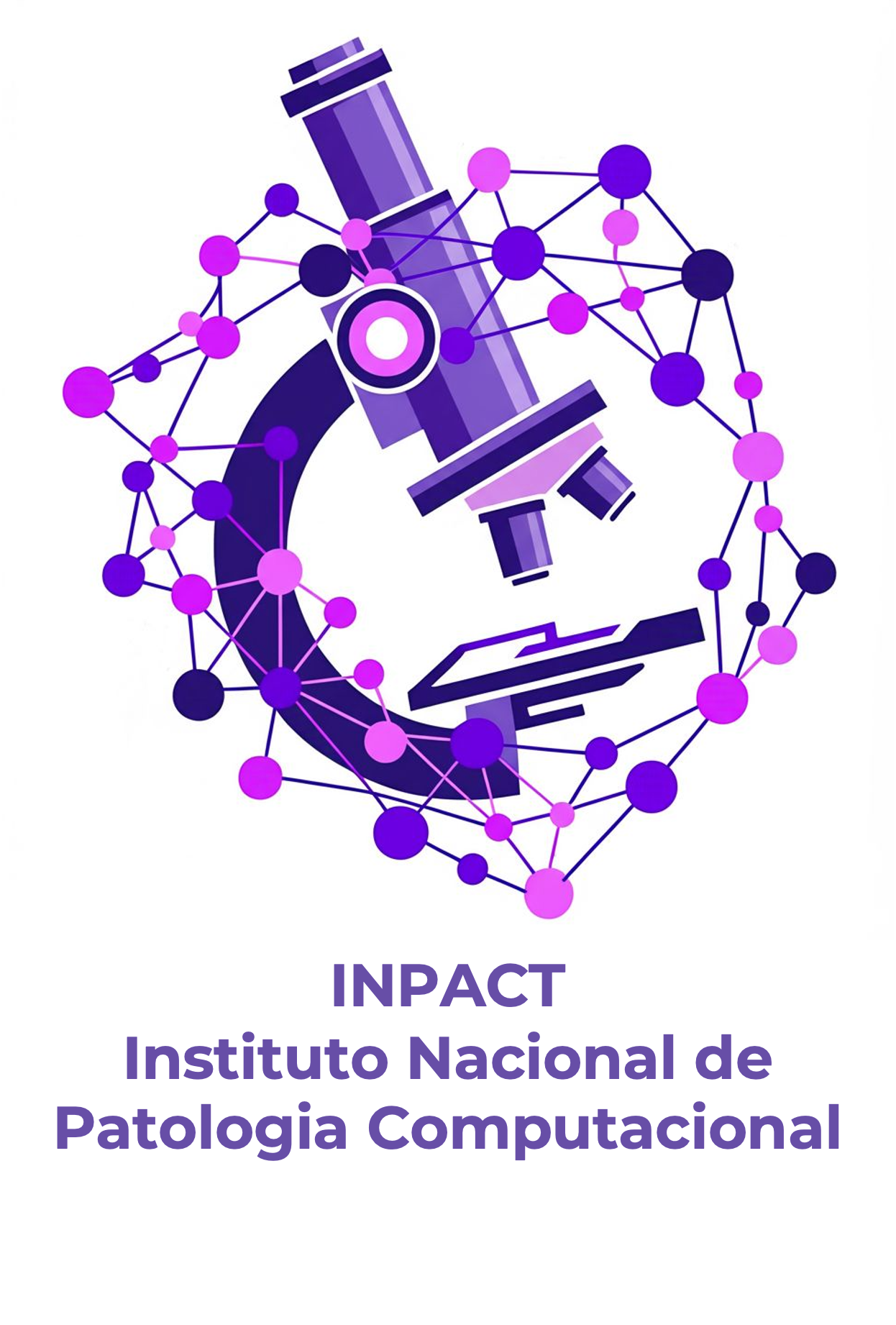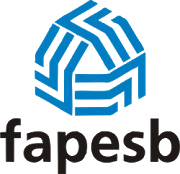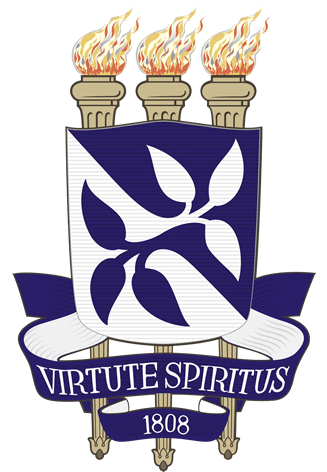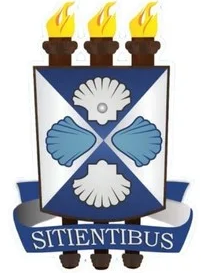About WDCPath
The Workshop on Digital and Computational Pathology (WDCPath) marks the inaugural edition of an event dedicated to exploring the intersection of pathology, digital technologies, and computational methods. This 6-hour workshop will be held as part of SIBGRAPI 2025, and aims to introduce participants to the foundations, recent advances, and applications of digital and computational approaches in pathology, fostering interdisciplinary dialogue and collaboration.
The workshop is designed to encourage the participation of undergraduate and graduate students, professors, and researchers from diverse fields, including pathology, biomedical sciences, computer science, and engineering. By bringing together experts and early-career scientists, the event seeks to create a stimulating environment for the exchange of knowledge, presentation of innovative research, and discussion of future directions in digital and computational pathology.
Participants will engage in a comprehensive program that includes lectures, practical demonstrations, and interactive discussions, covering topics such as whole slide imaging, machine learning for pathology, image analysis, and the integration of computational tools in diagnostic workflows.
Proposed Agenda
9:00 - 9:30
Opening
9:30 - 10:30

Talk: Mapping Resistance: Exploring Chemotherapy Response in Ovarian Cancer by Spatial and Single-Cell Transcriptomics
Summary: Chemotherapy resistance remains a major challenge in the treatment of ovarian cancer, limiting patient survival and therapeutic success. In this study, we apply spatial transcriptomics and single-cell transcriptomics to map the molecular and cellular landscapes underlying differential chemotherapy responses. By integrating high-resolution spatial context with single-cell gene expression profiles, we identify resistant subpopulations, tumor-immune interactions, and microenvironmental niches that contribute to treatment response. Our findings highlight novel mechanisms of resistance and provide a framework for developing precision strategies to overcome chemotherapy resistance in ovarian cancer.
Speaker: Mariana Boroni
Short bio: Tenured researcher at the National Cancer Institute (INCA), Leader of the Bioinformatics and Computational Biology Laboratory; Professor at INCA's Postgraduate Program in Oncology; FAPERJ scholarship holder, "Young Researcher of Our State" program and CNPq Productivity scholarship; Affiliate member of the Brazilian Academy of Sciences. Co-Founder of OneSkin and Spectra Startups. She has a bachelor's and master's degree in Biochemistry from the Federal University of Vicosa, a doctorate in Bioinformatics from the Federal University of Minas Gerais (with a sandwich period at NIH - National Institute of Health, Bethesda, United States). She had professional experience in Bioinformatics during her postdoctoral studies at the Gene Center at Ludwig Maximilian Munchen University, Germany and at the Center for Computational Biology of the Cancer and Genomic Sciences Institute - University of Birmingham, England, as a Visiting Researcher. She works in the area of Bioinformatics with an emphasis on the analysis and integration of different omics and the application of artificial intelligence techniques in cancer biology.
10:30 - 11:00
Coffee Break
11:00 - 12:00
Lightning Talk Presentations (chair: Marcelo Mendonca)
-
A Multimodal Model for Integrating Whole-Slide Images, Spatial Transcriptomics, and Clinical Text within a Natural Language Model Interface
Ginaldo Oliveira (UFBA); Luciano Oliveira (UFBA); Washington Santos (FIOCRUZ)
-
Eye fixation patterns of nephropathologists during the analysis of glomerular lesions
Marina de Orleans (UFBA); Matheus Henrique Santana Toledo Piza Pimentel (UFBA); Guilherme Cerqueira Oliveira (UFBA); Joao Pedro Almeida Sousa Oliveira (UFBA); Washington LC dos-Santos (Fiocruz)
-
Segmentation of normal and sclerotic glomeruli in high-resolution histopathological images
Luiz Souza (IFMA); Luciano Oliveira (UFBA); Washington Santos (FIOCRUZ); Jefferson Fontinele (UFMA)
-
Through naive eyes: How does the process of grouping of glomerular histological images differ between laypeople and pathologists?
Guilherme Oliveira (UFBA); Joao Oliveira (UFBA); Marina de Orleans (UFBA); Matheus Pimentel (UFBA); Washington dos Santos (UFBA)
12:00 - 13:30
LUNCH
13:30 - 14:00
Discussion Panel about Computational Pathology in Clinical Practice
Moderator: Luciano Oliveira. Panelists: Angelo Duarte (UEFS), Clarissa Gurgel (Fiocruz/UFBA), Diedre Carmo (Unicamp), Washington Santos (Fiocruz/UFBA)14:00 - 15:30
Fast-Forward Session (chair: Marcelo Mendonca)
-
Semi-Supervised Learning for Glomerular Crescent Classification
Joacy da Silva (Universidade Estadual de Feira de Santana); Washington Santos (Fundacao Oswaldo Cruz); Angelo Duarte (Universidade Estadual de Feira de Santana); Luciano Oliveira (Universidade Federal da Bahia); Michele Angelo (Universidade Estadual de Feira de Santana); Angelo Loula (Universidade Estadual de Feira de Santana)
-
Ensemble-Based CNN Approach for Gastric Cancer Classification in Histopathological Images
Camilly Silva (Universidade Federal do Piaui); Rodrigo Borges (Universidade Federal do Piaui); Francois Batista (Universidade Federal do Piaui); Tairine Silva (Universidade Federal do Piaui); Vinicius Machado (Universidade Federal do Piaui); Rodrigo Veras (Federal University from Piaui)
-
Oral Squamous Cell Carcinoma Detection: A Comparison of CNNs in Histopathological Images
Joao Otavio Diniz (IFMA); Breno Augusto Tamanini (IFMA); Andre Farias Alvino (IFMA); Luiz Souza (IFMA); Luana Batista da Cruz (UFCA)
-
Prostate Cancer Histopathology Classification Using Multi-Instance Learning and Vision Transformers
Felipe Navarro Balbino Alves (Oncodata); Matheus Baffa (USP); Luiz Edmundo Lopes Mizutani (Oncodata); Arion de Almeida (Argos Patologia); Fabio Tavora (Argos Patologia); Guilherme de Souza Velozo (Argos Patologia); Viviane Teixeira Loiola de Alencar (Oncodata)
-
Can few-shot learning methods segment global sclerotic glomeruli in WSI?
Marcio dos Santos Junior (UFBA); Luiz Souza (IFMA); Jefferson Fontinele (UFMA); Marcelo Mendonca (IFBA); Washington Santos (Fiocruz); Angelo Duarte (UEFS); Luciano Oliveira (UFBA)
-
Domain-Specific Seed Removal for Biomedical Image Segmentation using SICLE
Fabio Kochem (Pontifical Catholic University of Minas Gerais); Felipe Beleim (Pontifical Catholic University of Minas Gerais); Silvio Jamil Guimaraes (Pontifical Catholic University of Minas Gerais); Zenilton Patrocinio Jr. (Pontifical Catholic University of Minas Gerais); Alexandre Falcao (University of Campinas)
-
Micro-FTIR Hyperspectral Imaging Classification for Oral Cavity Histopathology Analysis
Matheus Baffa (USP); Luciano Bachmann (USP); Thiago Marini Pereira (UNIFESP); Leandro Luongo Matos (USP); Denise Maria Zezell (USP); Daniella Lumsden Pereira Mendes de Oliveira Peres (USP); Joaquim Cezar Felipe (USP)
-
Segmentation is better when shared: a review of public H&E histological images datasets
Anna Roissmann (Federal University of Sao Paulo); Thaina Tosta (Federal University of Sao Paulo)
-
Classification of prostate histological images using Vision Transformers: an analysis with stain normalization and ensemble learning
Betania Carolina Silva de Albuquerque (Federal University of Sao Paulo); Hanna Beatriz Couto Monteiro Fernandes de Castro (Federal University of Sao Paulo); Leandro Alves Neves (University of Sao Paulo); Marcelo Zanchetta do Nascimento (Federal University of Uberlandia); Fatima Aparecida Armando Tosta (Federal University of Sao Paulo)
-
Quantitative Morphometric Analysis of Oral Epithelial Dysplasia using Deep Learning-based Nuclear Segmentation
Lucca Lacerda (PUC-MG); Marcela Ferreira Abrahao Ribeiro (PUC-MG); Alexandre Xavier Falcao (Unicamp); Giovanna Ribeiro Souto (PUC-MG); Gustavo Kunde Rohde (University of Virginia); Marilene G. F. Ribeiro (PUC-MG); Zenilton Kleber Goncalves do Patrocinio Junior (PUC-MG); Silvio Jamil Fenzol Guimaraes (PUC-MG)
15:30 - 16:00
Coffee Break
16:00 - 17:00
Establishment of the Digital and Computational Pathology Society and Award Session
Call for Papers & Lightning Talks
Call for Papers
Submissions from students, professors, and researchers are highly encouraged. Extended version of the papers are being negotiated to be published in the Journal of the Brazilian Computer Society.
Topics of Interest:
- Whole Slide Imaging and Analysis
- Machine Learning and Deep Learning for Pathology
- Computational Approaches to Histopathology
- Digital Pathology Workflow Integration
- Image Processing Techniques for Medical Diagnosis
- Explainable AI and Interpretability in Pathology
- Applications of Foundation Models in Pathology
- Databases and Benchmarking in Computational Pathology
- Ethical and Legal Considerations in Digital Pathology
Call for Lightning Talks
Present your work-in-progress in a 5-minute lightning talk. This is a great opportunity for PhD and MSc students and young researchers to get early feedback. An award will be given for the best presentation.
Important Dates
Submission of works:August 29Notification of acceptance:September 08- Workshop date: September 30
Awards and Certificates
Best Paper Award
For scientific quality, originality, and impact.
Best Lightning Talk Award
For clarity, engagement, and effective communication.
Participation Certificates
For all presenting authors and participants.
Organizers
Organizing Committee
Luciano Oliveira
(Fiocruz/UFBA)
Michele Angelo
(UEFS)
Washington Luis Conrado dos Santos
(Fiocruz)
Maria Tavares
(EBSERH)
Silvio Ferzoli
(PUC Minas)
Clarissa Gurgel
(Fiocruz/UFBA)
Program Chairs
Jefferson Fontinele
(UFMA)
Luiz Otavio Souza
(IFMA)
Angelo Duarte
(UEFS)
Marcelo Mendonca
(IFBA)
